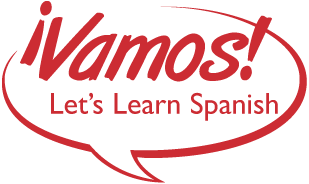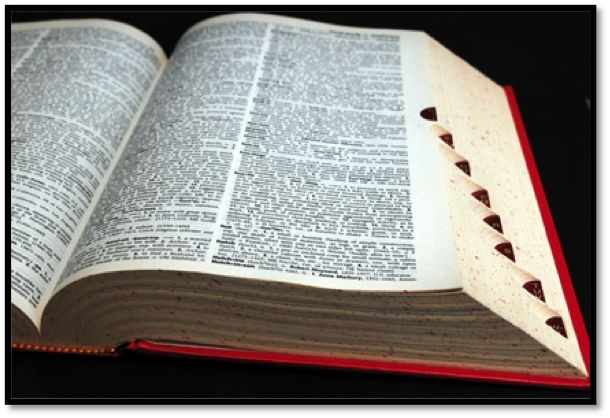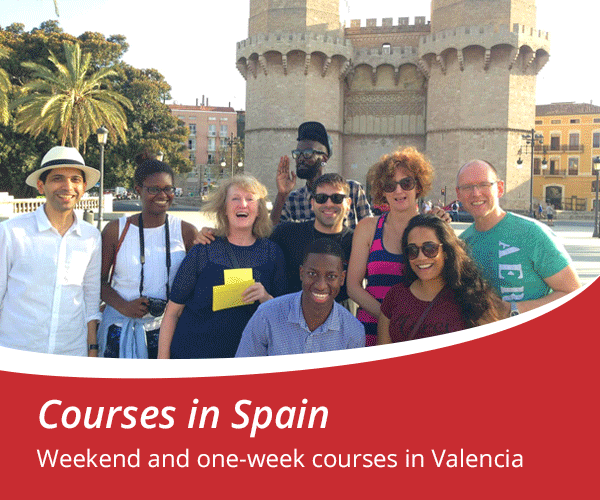13 REASONS TO USE A PAPER DICTIONARY WHEN LEARNING SPANISH.
For many years I stopped using paper dictionaries as I thought it was a lot faster to just use Google translate or similar. But then a lot of the things would get lost in translation. You can find thousands of examples of this on internet (like Chinglish, for example).
So little by little, and without forgetting about the cool tools available on the internet, I went back to using a paper dictionary and here are some of the awesome things I found:
- You can look up “words that start with…”
- It makes you spell: If you are great at spelling, you are keeping your skill up. If you struggle with spelling, this exercise improves your spelling IQ.
- The dictionary gives you examples from real life instead of adaptations of it. Natural language instead of artificial.
- It tells you the type of word you have searched for (such as noun, verb, preposition…), which takes me to the next reason:
- The metalanguage (language about language!) is consistent and possibly easier to grasp if you stick to one same dictionary (which you normally don’t do when you go online as you end up checking lots of them or even forums…)
- It tells you where the word comes from, which gives you the tool to guess about the meaning of other words you don’t know. For example, if you look at the Spanish word fin (end), the dictionary will tell you that it comes from Latin finis. And looks like finish! And now you can probably guess the meaning of words like finalidad, finable, finalista or finalizar, or at least you can guess they are related to something that finishes or has an ending.
- It helps you with the pronunciation of the word. Although you need to get used to the symbols, after a couple of months studying Spanish and using a dictionary, you’ll know all of them and you’ll be able to use this great tool.
- Paper dictionaries tell you when you can use it (colloquial, formal, vulgar, dialectic, ironic…)
- Unconscious learning: Unconsciously your brain will process other words while you’re looking for something else or just passing the pages. And unconsciously you will end up looking at the words that come before and after the one you’re actually looking at.
- Serendipity: Because looking for one word, you will find others that you might be interested in…
- …or words that you forgot you knew (but because you’ve seen them again, you’ll remember)
- If you are using a good one, you’re likely to find illustrations related to the culture and language you’re studying. Interesting ones.
- Because sometimes the internet just doesn’t work.
However I understand we can’t carry a paper dictionary everywhere we go. So here you have some good and free online ones:
My favourite, the Collins dictionary:
Or Linguee, which gives you the possibility to look for words or expressions, showing you the context they’re used in.
Reverso is similar to Linguee, but this one inlcudes informal language as it’s got subtitles, movie scripts, etc. It’s new, so you may find some weird translations but you can vote them and help build a better contextual dictionary.
Which ones do you use? Do you have any favourites or recommendations?
Vamos Let's Learn Spanish. Spanish courses in London. Spanish courses in Valencia.
¿Cuánto sabes? / Tell us what you think
Your email address will not be published. Required fields are marked *
Cancel ReplyYou must be logged in to post a comment.
12 Comments
Keep on learning Spanish
Have fun learning Spanish as we upload the A1 and A2 episodes of Cava Baja, our cartoon soap in Madrid.
For higher levels, we'll test your Spanish with specially written articles from topics we find of interest from the news each week.Plus we'll keep you in touch with Hispanic culture in London, our teacher blogs and social events in the school. Have fun learning with Vamos.
Recent Posts
Recent Comments
-
 Julia Rodriguez on Cuatro elecciones en cuatro años
Julia Rodriguez on Cuatro elecciones en cuatro años -

-
 Julia Rodriguez on El Secreto de sus Ojos
Julia Rodriguez on El Secreto de sus Ojos












I can’t recommend the Collins (paper) dictionary highly enough. Even though it’s bulky enough to be restricted to use at home, it’s a goldmine of idiomatic phrases and gives special emphasis each key word in the language (“palabra clave”) which has many possible meanings.
In general, however, you’re likely to need multiple sources of translation as you read more and more. My current project is to read a story aimed at 10yo children, and I use multiple methods of translation – paper dictionary, smartphone app, Google Translate and a well-read Spanish-speaking person when available.
As you get better, you find harder things to translate or understand: I agree with you, best thing is to have multiple sources, totally; the more, the better! Probably having a native speaker with you, is the most comfortable though!
To be honest, I haven’t found an app that convinces me 100% (not free ones at least). Bryan, which one are you using? I’d love to have a look at it!
Good luck with your project! I’m sure you’ll learn a lot while reading it.
You are very right, but when that is not possible, my favourite is Oxford Dictionary. http://www.oxforddictionaries.com/ It has the option of Spanish dictionary as well as many other languages, and also translations from and to several languages.
And if we need a Spanish dictionary, we can not forget http://www.rae.es/ by Real Academia de la Lengua Española
Another suggestion a native spanish speaker recommended to me is to use a spanish dictionary rather than a translation dictionary, so you are reading the spanish explanation of the word rather than the English.
That is super useful too but if you are in a beginner level it can be a little bit frustrating. But yeah, I totally recommend a Spanish one if your level is intermediate – advance.
Thanks for this article, it prompted me to have a look when I was in la librería de segunda mano today. Found a very decent dictionary for £3. Una ganga.
Totally agree Cristina! I always love the fact that when I was searching for a word in a dictionary I never forgot its meaning or spelling!!
Even being a Spanish teacher, I still like using the RAE dictionary as Diana mentioned, it makes your vocabulary a lot richer as you learn not just meaning or spelling, but also lots of synonymous!
I hope this blog encourage students to use a dictionary 🙂
Wordreference is a very good one as well.
http://www.wordreference.com
It works for many languages
But there is nothing like opening a proper paper dictionary. If you are not in a rush, go for it.
How many times do students use their phones in class or for their homework?? Particularly that Google translator?? It´s awful!!!
Really good reasons here to use a paper dictionary: loads of examples and uses, sounds, other words you might learn…
Using your phone is not wrong, you just need to know what dictionaries are good or which are better for your level.
Good post!! 🙂
I like the App SpanishDict (t’s free!) – IMHO it does everything a paper dictionary does. It gives you verb conjugations, phrases and different uses of the same word, plus it will play how the word sounds. It also will send you a word of the day. And there is a ‘random word’ button – so if on the train or the bus – I sit and flick through those. I am also a great fan of ‘una agenda’ and I write down every new word I come across – either when using the app, or in class, doing homework, etc – I don’t write the translation down immediately – I go back to it a day or so later to see if I can remember it and then put the English translation down in a different colour.